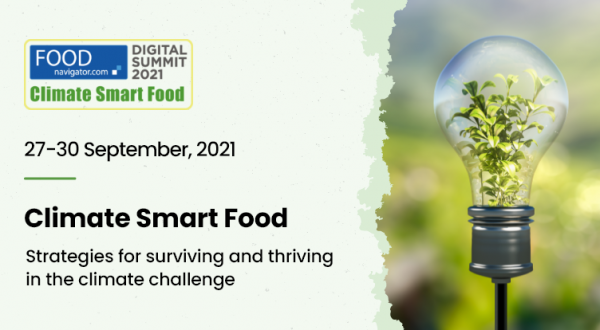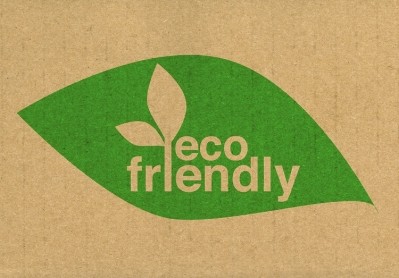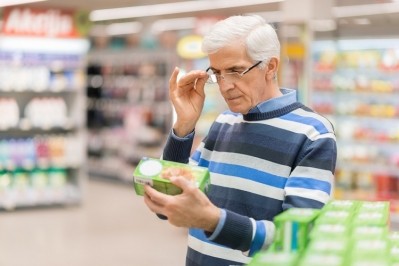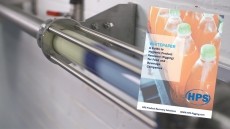Will eco labelling truly help the food sector win consumer trust?
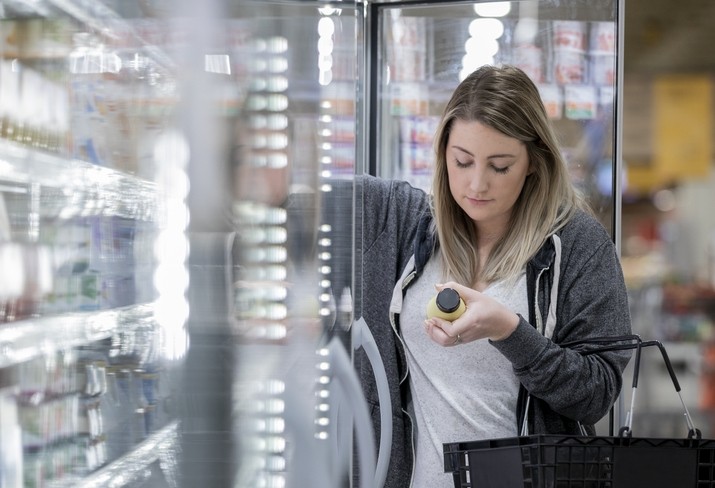
But they risk being meaningless if they lack better consistency and transparency, FoodNavigator’s recent Climate Smart Food event heard.
A growing number of eco labels promise to accelerate a shift in consumption towards lower emission food choices.
For example, following the launch of Eco-Score earlier this year, UK-based non-profit Foundation Earth has launched a pilot competitor front-of-pack score to help consumers check the environmental footprint of products before they buy. Grocery-research body IGD has also unveiled plans to develop a new environmental labelling network. Other companies have recently started to provide carbon labelling to restaurants and caterers as well as food businesses.
The trend emerging for challenger environmental labels to stream into the market has widespread implications for food producers, consumers and retailers. Manufacturers may find themselves reformulating their offerings and assessing their supply chains to be able to compete for the highest scores.
Gimmick or game changer?
Some in the industry regard eco-labelling as nothing more than a marketing gimmick that will only appeal to those consumers who are already climate conscious. Others worry they simply allow more companies more opportunities to greenwash or give a false impression of their environmental credentials.
For example, could it confuse consumers if they see a ‘carbon neutral’ label on a product that might have achieved this via offsetting, which many don’t believe is truly transparent? Consumers might therefore think a certain product is better on these grounds and not have the appreciation that another company might be committed to a slower but more robust carbon-reduction strategy without offsetting.
Labels also may ignore context and the trade-offs people make. For instance, someone might drive to the supermarket in a gas guzzling SUV to buy a vegan burger; someone else might walk there and buy a steak. And how do we compare different product categories? Eg will beef always have a red label for being beef, or might sustainably reared grass-fed beef get a better rating than other types of beef?
There are also too many labels, some fear. There are now currently almost 460 eco labels globally, with over 120 different types in use on food and drink products. And without a single score and methodology, consumers may struggle to understand genuinely environmentally friendly products.
Cliona Howie, the CEO of aforementioned Foundation Earth, explained the non-profit organisation has ‘identified a need to bring a credible, trusted eco-label to the market’. “We know there’s been many attempts and some that are doing well. But how do you bring it in a standardised way across Europe, and how do we do this at scale and in a harmonised way? Foundation Earth has been set up to tackle those challenges,” she said. “This is about giving consumers information and putting labels on packs so consumers have access to credible and trusted science-based information so that they can make better choices.”
Too simplistic?
But Paul Foulkes-Arellano, founder of Circuthon Consulting, which helps brands move towards a circular economy, fears environmental information is simply too complex to be effective on labels. He would prefer to see the entire industry adopt low impact methods full stop, driven by legislation, and “a focus on reducing the carbon in the first place”.
For eco-labels to be at all effective, he would prefer to see separate figures for water, emissions, pesticide and impact on biodiversity, rather than calculations amalgamated into one score.
“I would definitely want to see something more sophisticated than an ABC rating,” he explained. “We’ve had those ratings for fridges and freezers for many years, which hasn’t driven people into buying better-rated fridges.”
These labels need to have separate dimensions and separate coding for each dimension to “even begin to have some kind of sensible context”, he stressed. “My concern is it that these labels may dupe consumers into thinking they’ve done their bit.”
Despite the complexity of information challenges, carbon labels may help food brands build trust and accountability with consumers, said Laura Shulman, a Communications Strategist at Crave It PR.
“If we want to reduce carbon, it’s beyond the label,” she said. "It’s about changing behaviours and expectations and the label should be a validation of that…. But if you get to a point where companies are required to put it on the packaging then it holds them accountable.”
Driving sustainable innovation from food manufacturers
Food majors such as Nestlé and Tyson Foods have signed up to the Foundation Earth project. The scheme, stressed Howie, hopes that the wealth of environmental data drawn from various lifecycle analyses (LCAs) under investigation will drive sustainable innovation from industry as producers seek to secure better eco scores.
“To transform the food industry there’s a lot of pieces to the puzzle,” she told viewers. “We’re here for a bigger mission than putting labels on pack. It’s about getting all the industry on board to do better and being committed to using the LCA information to improve things.”
Missed Climate Smart Food? Don't worry, the four days of content is still available free on demand... Simply register HERE to catch up.
